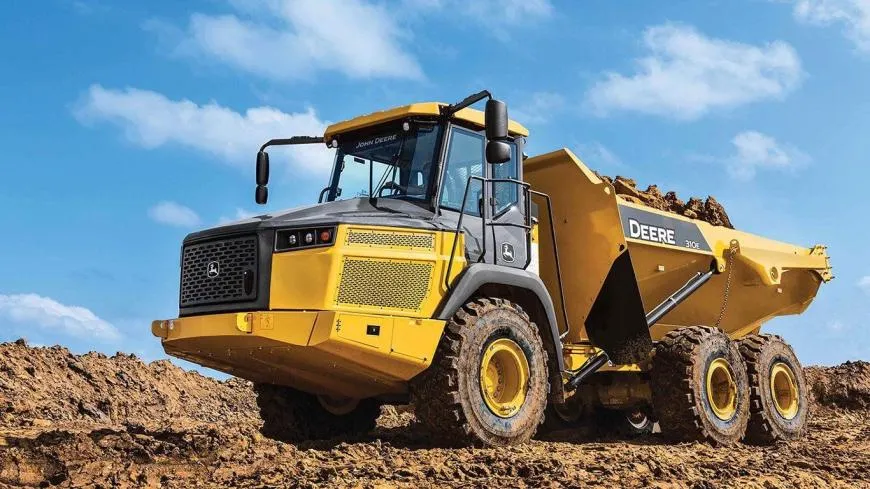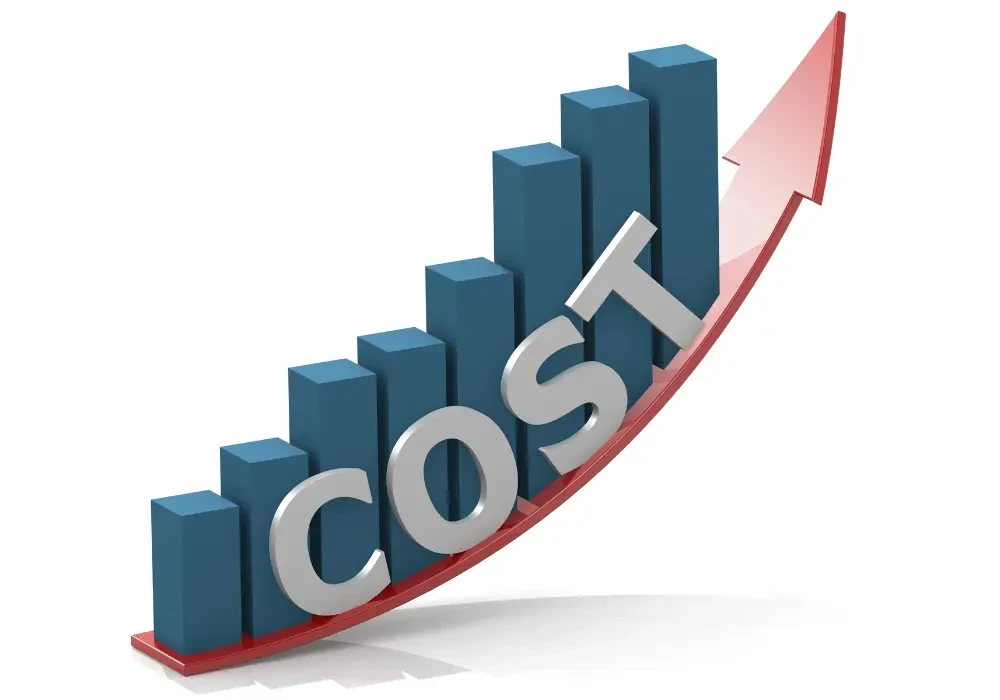Commercial Dump Truck Insurance
Protect your dump truck business with the right insurance coverage. From accidents to job site damage, tailored policies help safeguard your vehicles, drivers, cargo, and operations. Whether you run one truck or a full fleet, commercial dump truck insurance keeps you compliant, secure, and financially protected against unexpected risks.
Choose the right coverage from trusted insurance providers.































Why Do Dump Truck Businesses Need the Right Insurance?

As someone who has worked closely with dump truck operators, I’ve seen firsthand how easily things can go wrong on the road or job site. For businesses using heavy-duty trucks, there’s always a risk of property damage, bodily injuries, and even theft.
Without proper insurance, these situations can lead to massive losses that many small operations can’t recover from. That’s why securing the right coverage is not just smart, it’s essential. From accidents to legal terms in a contract, you often need specific policies to adhere to state laws and requirements.
The financial protection this provides is a huge relief, especially when a single unexpected event could derail your entire operation. Whether you’re starting fresh or expanding, choosing tailored insurance means you’re not just ticking a box; you’re safeguarding your livelihood.
What types of dump truck insurance do I need?
These insurance policies cover common risks faced by dump truck drivers.
Business owner’s policy
This policy conveniently bundles commercial property and general liability insurance into one cost-effective plan for dealers. A BOP is ideal for securing auto shop insurance and shielding businesses from financial losses.
Under this plan
Customer injuries
Damaged customer vehicles
Damaged business property
Commercial umbrella insurance
A policy like this boosts coverage by increasing the limits of general liability insurance, commercial auto insurance, and employers’ liability insurance. It helps protect businesses from expensive lawsuits related to multi-vehicle auto accidents, customer injury lawsuits, and employee injury lawsuits.
Under this plan
Customer injury lawsuits
Employee injury lawsuits
Multi-vehicle auto accidents
Commercial auto insurance
A policy designed for dealers and repair shops helps pay for property damage and medical bills after an accident. It is required in many states for businesses that own cars.
Under this plan
Weather damage
Vandalism and theft
Car accident repair costs
Cyber insurance
A policy like this helps protect automotive businesses from financial loss after data breaches or cyberattacks. It’s recommended for any business that stores customer credit cards or other personal information.
Under this plan
Fraud monitoring services
Data breach investigations
Customer notification expenses
General liability insurance
Under this plan
Accidental vehicle damage
Customer injuries at a repair shop
Slander and other advertising injuries
Worker’s compensation insurance
Under this plan
Employee medical expenses
Partial wage reimbursement
Lawsuits over employee injuries
How much does dump truck insurance cost?

When I first stepped into the trucking industry, figuring out the real cost of commercial dump truck insurance was a bit overwhelming. Many business owners think it’s just about picking a policy, but there’s more to it.
Insurance companies use a process called underwriting to set your insurance rate. This means they carefully review the details of your operations before giving you a quote. They look at the number of vehicles you own, your claims history, and your employee driving records. Each of these things helps them understand how risky your business is to insure.
Different types of coverage also impact what you’ll pay. For example, choosing higher policy limits or lower deductibles will change your premium. I’ve seen many owners lower their cost by adjusting these factors wisely, especially after reviewing their company’s needs and accident trends.
If you run dump truck operations, be prepared to discuss all these points with your provider. Knowing your history, being clear on what kind of coverage you need, and understanding how underwriting works can help you get a better deal.
How do I get commercial dump truck insurance?
Getting commercial dump truck insurance may sound complicated at first, but based on my personal experience running a small trucking business, it’s actually a straightforward process, especially when you’re prepared with the right business details.
First, companies will want to understand your operations, so you’ll need basic information like annual revenue, payroll, and how many trucks you own. This helps them guide the underwriting process and find the right coverage.
When I applied, I completed a simple online form that asked for things like the number of vehicles, my employee driving records, and previous claims history. This info directly affects the rate and options available.
Once you submit that, you can easily compare different policy quotes. I noticed that adjusting policy limits and deductibles gave me better control over the cost.
Whether you’re a solo driver or managing a fleet, there are various types of coverage tailored to your needs. Licensed agents work with multiple insurance companies, helping owners like us get policies that actually match our operations, not just a one-size-fits-all plan.
Two ways to start your coverage

Quotes online

Talk to an agent
Verified business insurance reviews
Hear from customers like you who purchased small business insurance.
FAQs about Commercial Dump Truck Insurance
When I first started working with dump truck businesses, I quickly learned that every state has its own insurance requirements. Whether you’re a single operator or run a full fleet, commercial truck operators must comply with local and municipal laws. Most states, counties, and cities ask for a license for any type of business, including trucks. If your business has a name different from your own, you’ll need to file under a doing business as or DBA status. Additionally, if your company owns one or more vehicles, you're required to have auto coverage. The amount of coverage often depends on the gross vehicle weight (GVW) of the owned vehicles.
Beyond that, if your business has employees, states typically require a workers' compensation policy. This helps cover medical payments in case an employee suffers a work-related injury or illness. Regular health insurance usually won’t cover expenses from a mishap on the job, so it’s critical to have the proper protection in place. From my experience, staying ahead of these rules not only avoids penalties but ensures smoother operations for your commercial truck company.
In my experience working with dump truck businesses, it’s not enough to just have basic insurance. Many owners overlook extra protection that can save them during unexpected situations. For example, bobtail insurance is essential when your truck is being driven without a load, like after dropping off materials. Even though it’s not being used for trucking purposes, it still needs to be covered in case of an accident during those in-between trips. It’s a smart move, especially if you’re trying to protect your business and driver, no matter what part of the job they’re on.
Another must-have is motor truck cargo insurance. This type of coverage protects the actual materials you’re hauling. If your dump truck is involved in a collision, fire, or another mishap, and the load is damaged or lost, this policy steps in. For any commercial operation that moves goods, this kind of insurance helps reduce the risk of costly claims. From what I’ve seen, smart business owners include these extra coverages to keep their operations secure and stress-free.
As someone who's helped several dump truck businesses lower their insurance costs, I’ve learned that finding an affordable policy doesn’t mean sacrificing protection. The smartest truck operators start by comparing quotes from multiple commercial providers. Each business has unique needs, and rates can vary widely, even for the same type of coverage. Using tools like Eagle Nation, you can get quick quotes with just one application, making the process easier for businesses that want to save without the hassle.
Another proven method is to bundle your auto policies. A business auto policy (BAP) combines key coverages like liability and physical damage, often at a lower cost than buying them separately. You can also lower your premium by adjusting your policy limits or raising deductibles. And here’s a tip that really pays off long-term: invest in safety. A clean record with fewer work-related accidents means fewer claims, keeping your rates down. In my experience, businesses that stay proactive about safety and smart about customizing their insurance are the ones that get the best deals.
Top transportation fields we insure
Don't see your profession? Don't worry.
We insure most businesses.
